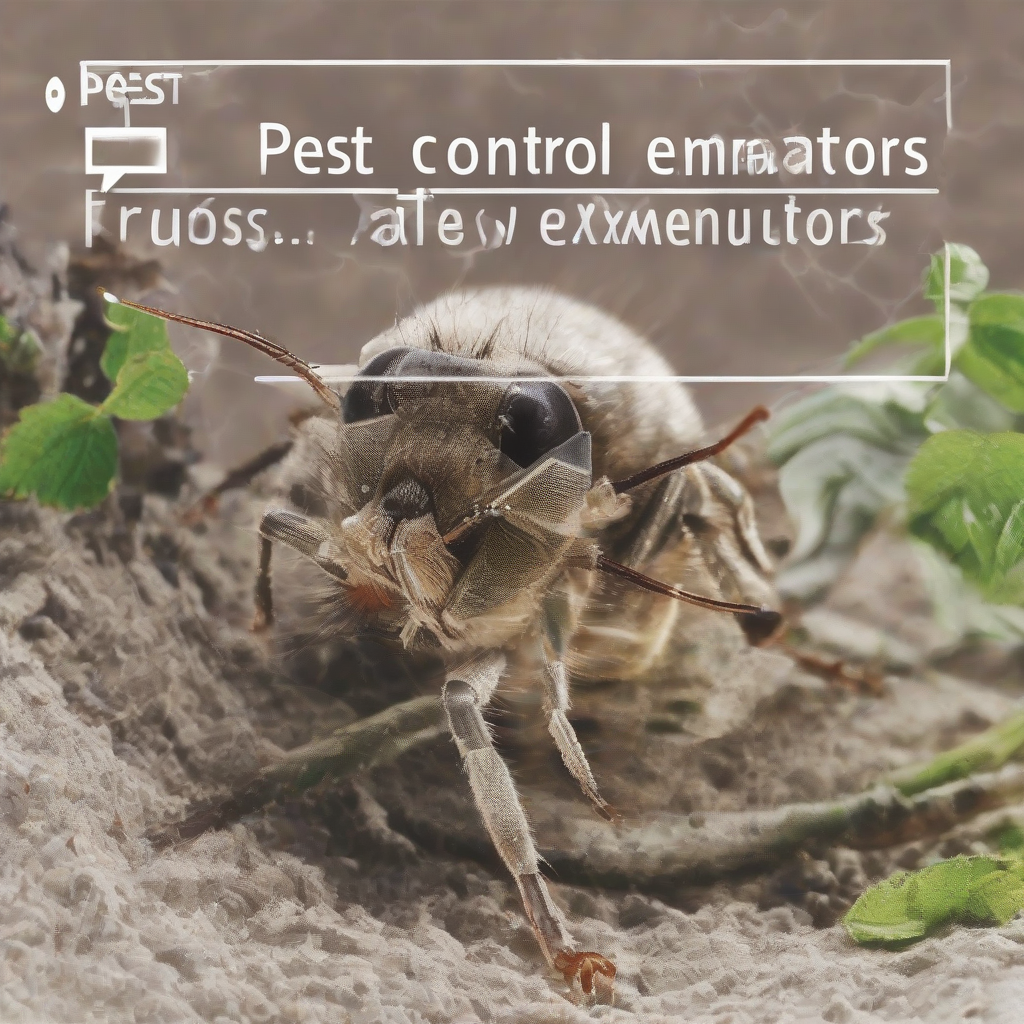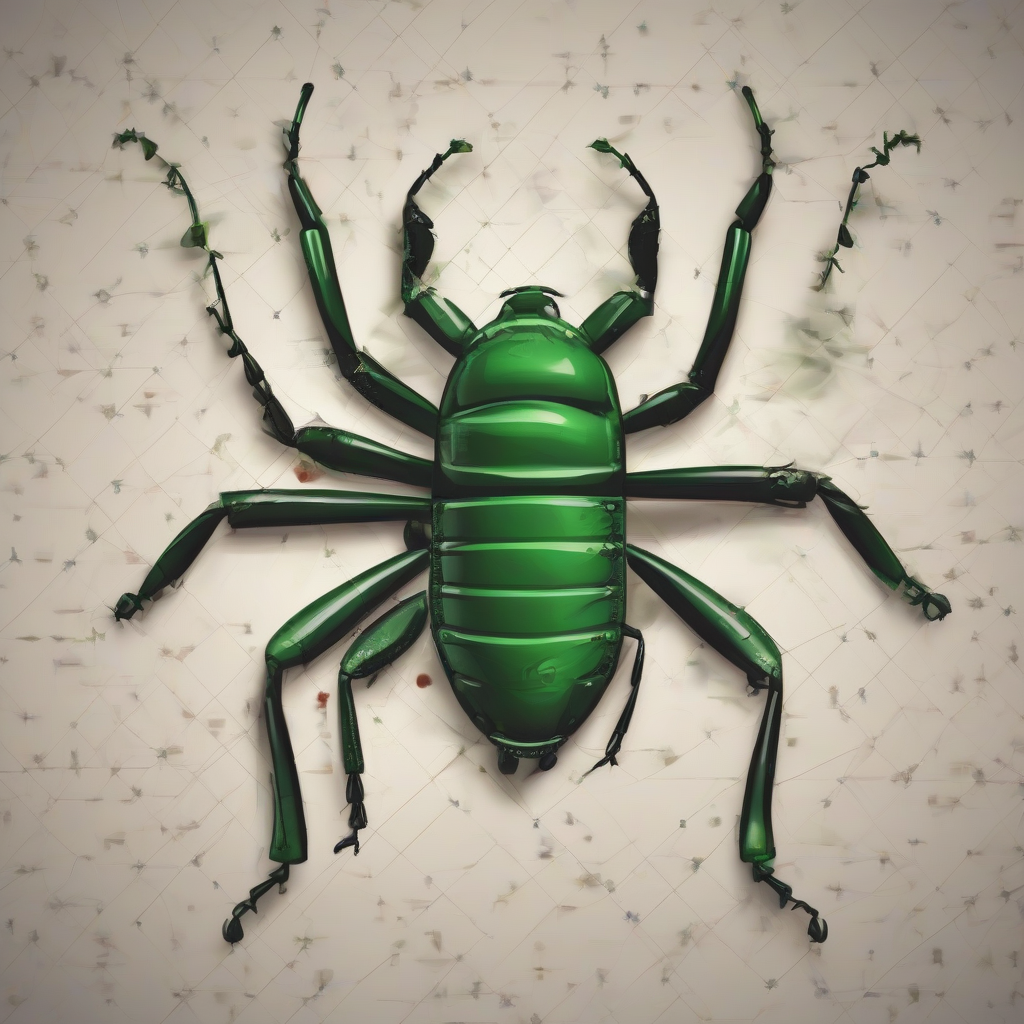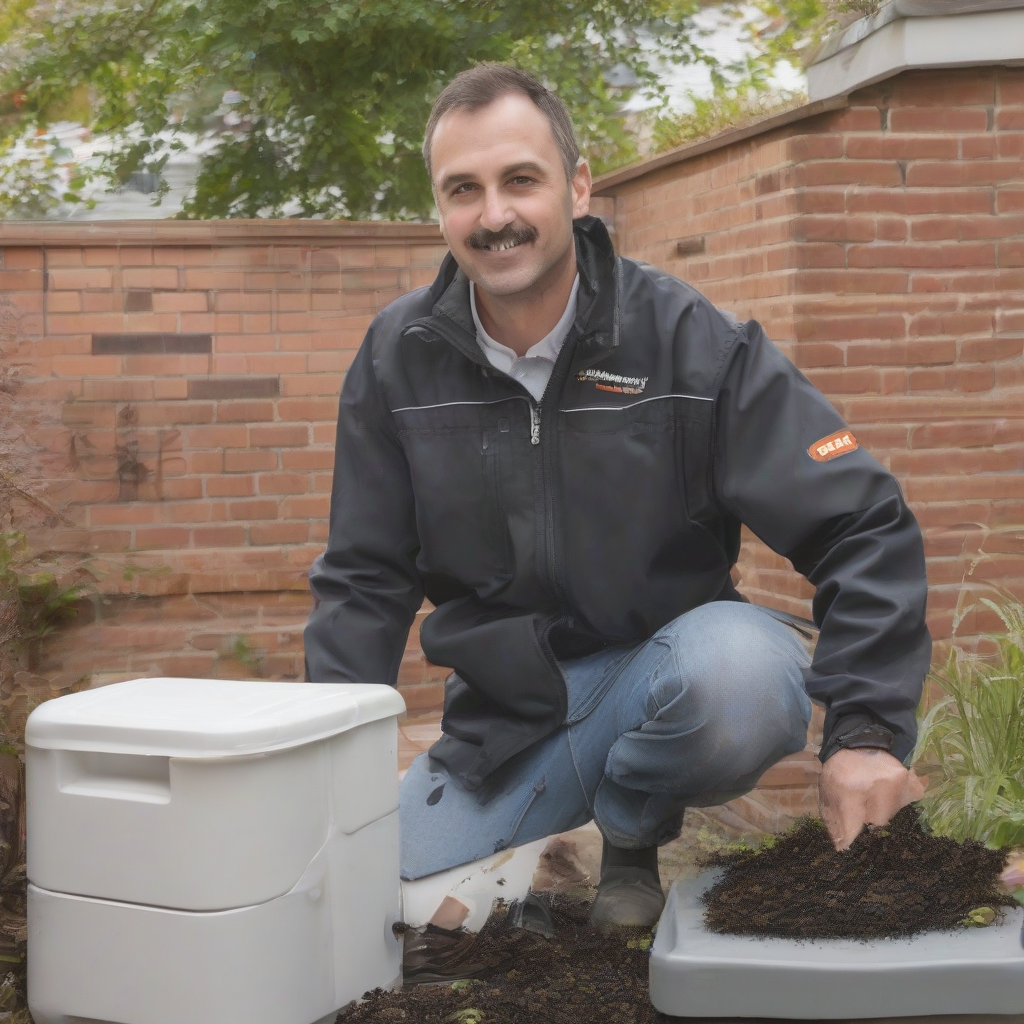Pest Control Exterminators: Your Guide to Effective Pest Management

Pest Control Exterminators: Your Guide to Effective Pest Management
Pest control is an essential aspect of maintaining a clean, healthy, and comfortable living environment. Pests, such as rodents, insects, and other unwanted creatures, can pose numerous risks to human health, property, and even businesses. To effectively address these infestations, the services of professional pest control exterminators are crucial.
What are Pest Control Exterminators?
Pest control exterminators are trained and licensed professionals who specialize in identifying, treating, and preventing pest infestations. They possess in-depth knowledge of various pest species, their behavior, and the most effective methods of control.
Their Role in Pest Management
- Inspection and Identification: Exterminators conduct thorough inspections to identify the type of pest present, the extent of the infestation, and potential entry points.
- Treatment Strategies: They develop customized treatment plans based on the specific pest, its behavior, and the environment. This may include using various methods like insecticides, traps, baits, or exclusion techniques.
- Pest Control Solutions: Exterminators apply the chosen methods effectively, ensuring optimal results and minimizing potential risks to human health and the environment.
- Preventative Measures: They offer valuable advice on preventing future infestations by addressing potential pest entry points, maintaining sanitation, and implementing ongoing preventive strategies.
Types of Pest Control Exterminators
Pest control exterminators specialize in different areas of pest management. Common types include:
- Residential Exterminators: Focus on controlling pests in homes, apartments, and other residential properties.
- Commercial Exterminators: Specialize in managing pest infestations in businesses, offices, restaurants, hotels, and other commercial settings.
- Industrial Exterminators: Cater to industrial facilities, warehouses, factories, and other large-scale operations, addressing specific pest challenges in these environments.
- Termite Exterminators: Specialize in controlling termite infestations, a major threat to wooden structures.
- Bed Bug Exterminators: Focus on eradicating bed bugs, a challenging pest that requires specialized knowledge and treatment methods.
Why Choose Professional Pest Control Exterminators?
Professional pest control exterminators offer numerous advantages over attempting DIY pest control methods. These include:
- Expertise and Experience: Exterminators possess extensive knowledge of pest biology, behavior, and control techniques, enabling them to provide effective and targeted solutions.
- Safe and Environmentally Responsible Methods: Professional exterminators use safe and environmentally friendly products and methods, minimizing risks to human health and the ecosystem.
- Effective and Long-Lasting Results: Their expertise and access to professional-grade products ensure long-lasting results and prevention of future infestations.
- Peace of Mind: Hiring a professional pest control service provides peace of mind, knowing that your home or business is protected from unwanted pests.
Choosing the Right Pest Control Exterminator
When choosing a pest control exterminator, consider these factors:
- Licensing and Certification: Ensure the exterminator holds valid licenses and certifications, indicating compliance with industry standards and regulations.
- Experience and Expertise: Look for a company with a proven track record in pest control, specializing in the specific type of pest you are facing.
- Reputation and Reviews: Read online reviews and testimonials from previous clients to assess the company's reputation and customer satisfaction.
- Transparency and Communication: Choose a company that is transparent in its pricing, treatment methods, and safety precautions, and maintains open communication throughout the process.
Common Pest Control Methods
Pest control exterminators employ various methods to eliminate and prevent infestations. These include:
- Insecticides: Chemical pesticides are effective in controlling various insects but must be used cautiously and responsibly, considering potential risks to humans and the environment.
- Traps: Traps are mechanical devices used to capture and eliminate pests. They are effective for rodents, insects, and other creatures.
- Baits: Baiting involves using poisoned food or other attractants to lure pests and eliminate them.
- Exclusion Techniques: This method involves physically preventing pest entry by sealing cracks, crevices, and other potential access points in buildings.
- Fumigation: Fumigation is a powerful method used to eliminate pests in enclosed spaces using toxic gas.
- Heat Treatment: Heat treatment involves using high temperatures to kill pests in infested areas. It is often used for bed bug infestations.
Conclusion
Pest control exterminators play a vital role in maintaining a clean, healthy, and pest-free environment. Their expertise, experience, and access to professional-grade products ensure effective and safe pest control solutions. By following the guidelines outlined in this article, you can choose the right pest control professional to protect your home, business, and family from unwanted pests.
What's Your Reaction?

















